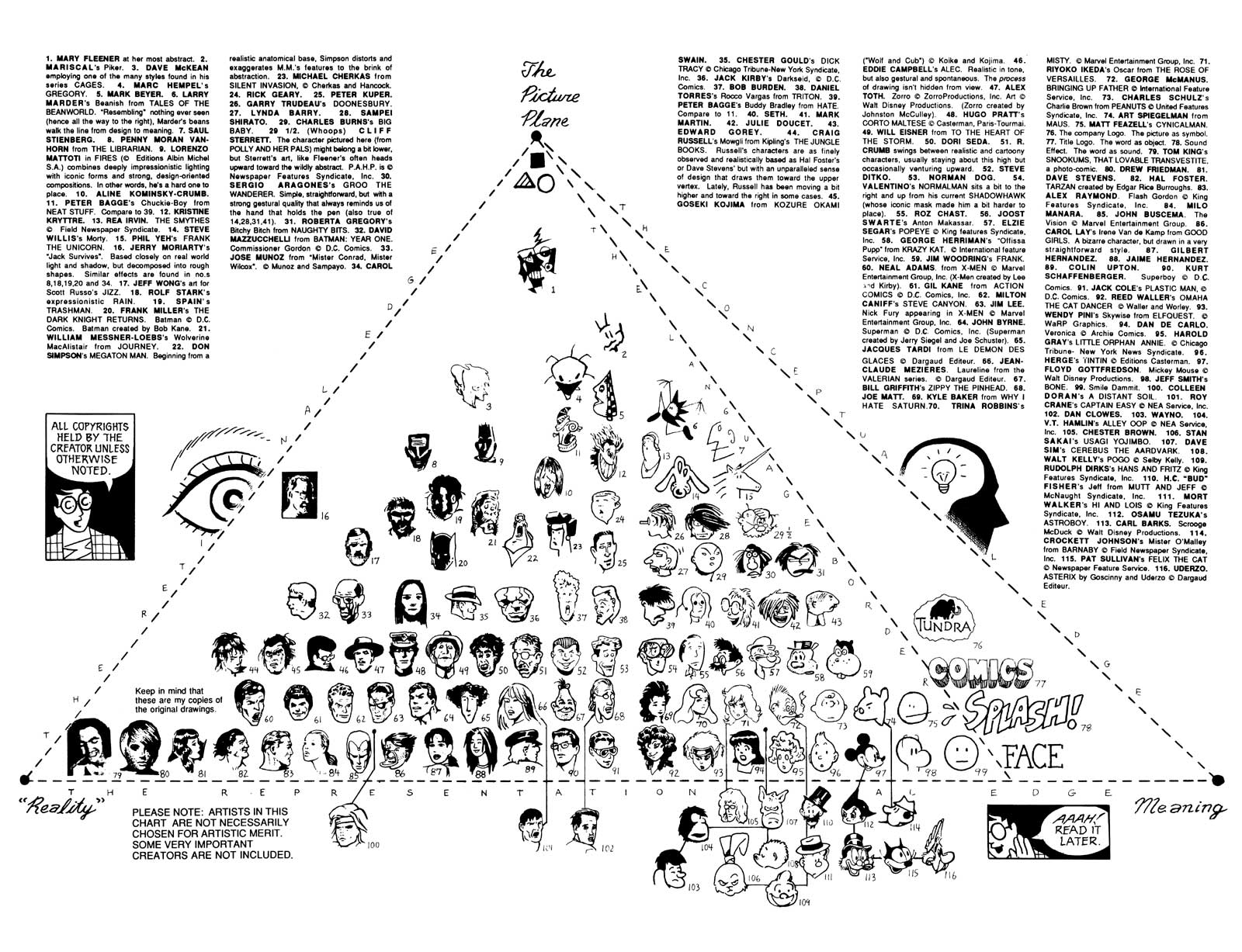
Somewhere during the first season of the TV series, Californication, the main character, Hank – a professional writer – says, to paraphrase, “that ‘Emoticons’ are bringing about the death of the English language.” My gut feeling is inclined to agree. Who actually says, “laugh out loud?” Has anyone ever seen it in print other than LOL?* I can understand using “u” and “2” and “4” and “r” as abbreviations when you’re hurriedly trying to type out a text message, though they do seem childish and lazy. What I have trouble understanding is why anyone would use a colon and a parenthesis in conjunction to make a smiley face.** Who would design something so stupid? And how would one interpret it if they had never encountered the “winky-face” before? Supposedly, Abraham Lincoln is the first to have harnessed the power of emoticons, by making a ;) in his speech to signify a pause for laughs.***
Although frustrating to see the change, and the apparent loss of vocabulary, one (me, at least) can respect that emoticons are evolutionary – an innovation to the English language – and a new medium to express emotion. The English language has been continually evolving since the invention of the printing press around 1440 (Thank you, Herr Gutenberg); these days, one generally doesn’t see “Ye Olde Writingg Styl” except at “novelty” shops. Even “Thou and companie” has lost a large following. Meanwhile other words are constantly gaining and losing extra meanings and going in and out of style: bad, sick/ill, radical, dope, et cetera.
English-speakers, especially the newer generations who are being brought up with emoticons, are perhaps beginning to revert to using pictographic images as representations, just as the ancient Chinese and Egyptian cultures used; instead of representing things, though, emoticons represent emotions: happy, sad, ambivalent, surprised, and anger, among others. As Scott McCloud would put it, the English language is slowly creeping from ‘Meaning’ to ‘The Picture Plane;’ moving from many words working in concurrence as a description towards a place where symbols make up the greater part of what is written (see image (1)).
*You just did! Ha!
*You just did! Ha!
** The common use of emoticons has prompted most modern word processing software to automatically turn the combo into an actual smiley face for you.
***I heard this on Public Radio International’s “Wait, Wait, Don’t Tell Me,” so it should probably be taken with a grain of salt. Nonetheless, emoticons wouldn’t be Lincoln’s only idea that took years to be accepted, now would it?

No comments:
Post a Comment